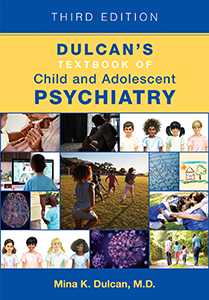Sections
Excerpt
Although ADHD is sometimes portrayed as a “modern” condition, George Still (1902) is now credited with the first clinical description of what today would be recognized as ADHD. The first treatment of impulsive, hyperactive, and disruptive behavior with stimulant medication was reported in the 1930s (Bradley 1937). Douglas and Peters (1979) first suggested that attention deficits rather than hyperactivity were the core symptoms of the disorder. Since then, the criteria have undergone refinements leading to the current terminology of ADHD in DSM-5 (American Psychiatric Association 2013; Box 10–1).
Access content
To read the fulltext, please use one of the options below to sign in or purchase access.- Personal login
- Institutional Login
- Sign in via OpenAthens
- Register for access
-
Please login/register if you wish to pair your device and check access availability.
Not a subscriber?
PsychiatryOnline subscription options offer access to the DSM-5 library, books, journals, CME, and patient resources. This all-in-one virtual library provides psychiatrists and mental health professionals with key resources for diagnosis, treatment, research, and professional development.
Need more help? PsychiatryOnline Customer Service may be reached by emailing [email protected] or by calling 800-368-5777 (in the U.S.) or 703-907-7322 (outside the U.S.).



